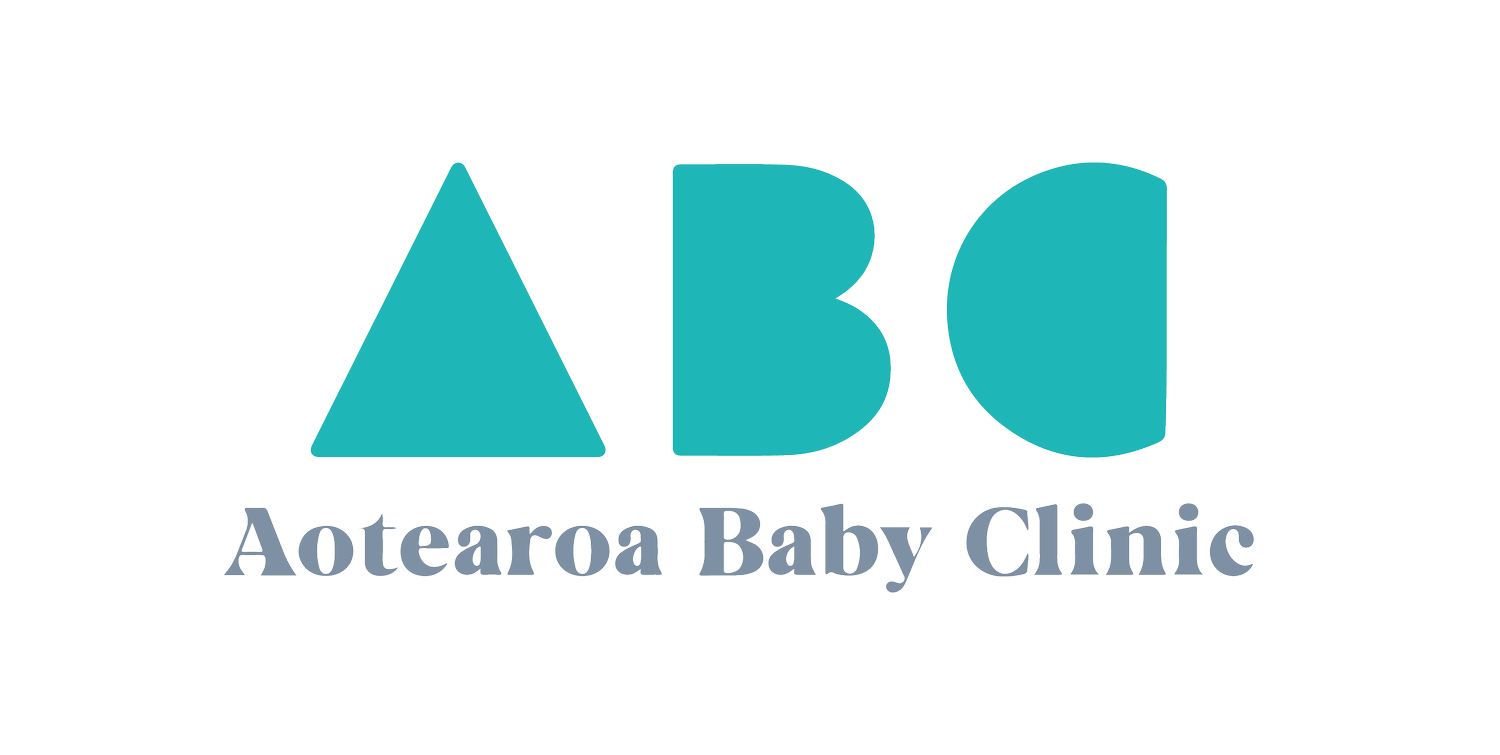What is PMDD?
PMDD, or “pre-menstrual dysphoric syndrome”, is like PMS’s evil step-sister.
Occurring in the 1-2 weeks before someone’s period, PMDD is a serious mood condition that is treatable with both medications and non-medication strategies.
While pre-menstrual syndrome (PMS) causes symptoms like irritability, bloating, physical discomfort and fatigue, these symptoms are usually relatively manageable and don’t cause any issues with functioning day-to-day. PMDD ramps all of this up, leading to symptoms like
Severe irritability, anger & rage
Anxiety
Depression
Fatigue
Anhedonia (low motivation and enjoyment for things usually like to do)
Feeling out of control
For some, PMDD will be the only time of the month they feel like this, and when their period comes, they feel back to normal. For others who have pervasive anxiety, depression, OCD or ADHD, PMDD can represent a worsening of their underlying symptoms.
While the exact cause of PMDD isn’t known, it’s thought to be due to the brain's sensitivity to hormonal fluctuations during the menstrual cycle, particularly oestrogen. Oestrogen plays a vital role in the brain by increasing the availability of the neurotransmitter serotonin.
NOTE: A history of PMDD can also predispose someone to post-natal depression and worsening mood symptoms during and after perimenopause.
So what are your options for managing this super sucky condition if you have it?
Treatments can vary depending on exact symptoms and contributing factors but may include
Hormonal treatments - such as the oral contraceptive pill, particularly Yasmin/Yaz and Cerazette (unfortunately, neither of which are funded in NZ, but the regular funded combined pills can make PMDD worse for some people); these work by smoothing out the hormonal rollercoaster. Please note that some people find the combined oral contraceptive can make symptoms worse - if this is you, another combination of hormnes might work better, or I would recommend Cerazette, a special type of progestagen-only pill (NB Noriday, the funded progestin-only pill in NZ, is not effective for PMDD).
If you are above the age of 35, talk to your GP about perimenopause and whether treatments for this (including menopausal hormonal therapy, MHT) would be beneficial
Non-hormonal options - such as SSRIs, either used continuously or just during the 1-2 weeks when symptoms occur. Some people will take these continuously but increase the dose during the PMDD period. Magnesium B6, and Vitex are all available from a naturopath, pharmacies or anywhere you buy supplements; Vitex actually has more evidence in PMDD than SSRIs.
If you have ADHD and take stimulants, you may need to increase the dose in the week(s) before your period.
Non-medication options include therapy (e.g. CBT, ACT) and practical strategies such as ensuring you don’t schedule important meetings or family events during those weeks.


